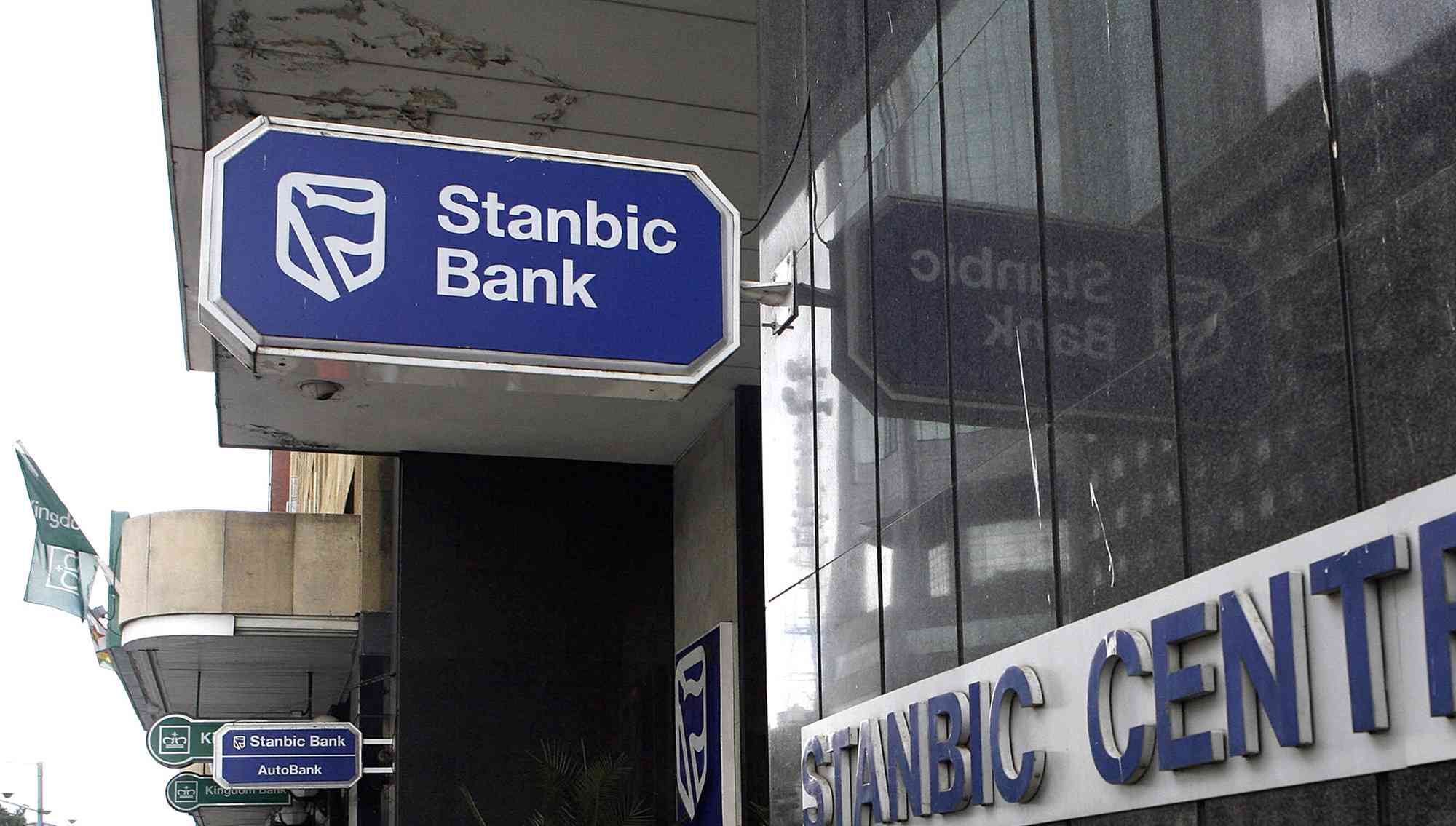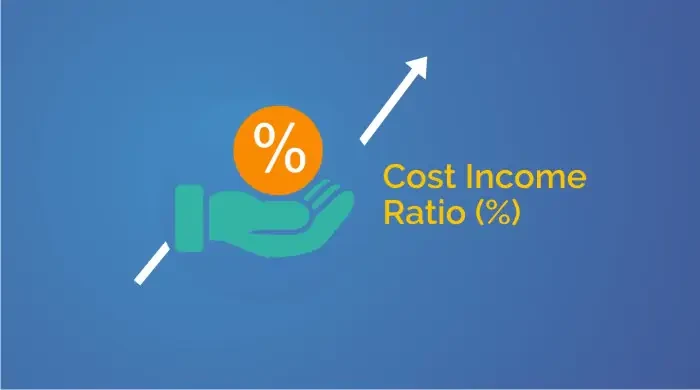
SUB-SAHARAN African economies are expected to register growth in 2014 due to strong growth buoyed by domestic demand in most of the region, the International Monetary Fund has said.
By Victoria Mtomba
According to the recent World Economic Outlook, growth in the region remained robust in 2012-13.
“Growth in sub-Saharan Africa remained robust in 2012–13 and is expected to accelerate somewhat in 2014 reflecting strong domestic demand in most of the region,” the IMF said.
“Nevertheless, spillovers from sluggish external demand, reversal of capital flows, and declines in commodity prices are contributing to somewhat weaker growth prospects in many countries relative to the April 2013 WEO. Policies should aim to rebuild room for policy maneuvering where it has been eroded, and more broadly to mobilise revenue to address social and investment needs.”
Despite the growth that was expected in the region Zimbabwe revised its growth projection for 2013 to 3,4% due to reduced revenues to treasury in the first quarter of this year. The downward revision was also triggered by uncertainty surrounding the July 31 elections. However, the country has maintained single digit inflation mainly due to a weakening Rand.
IMF reported that government should deepen structural reforms and give priority to infrastructure investments. The report showed that activity in the region for the beginning of the year was strong, but it was marginally down from 2012.
“However, South Africa’s growth slowed further, in large partly due to tense industrial relations, anemic private investment, and weaker consumption growth, the latter affected by slowing disposable income growth and weakening consumer confidence,” the report stated.
- Chamisa under fire over US$120K donation
- Mavhunga puts DeMbare into Chibuku quarterfinals
- Pension funds bet on Cabora Bassa oilfields
- Councils defy govt fire tender directive
Keep Reading
“With a few exceptions, inflation remained broadly stable in the region. Recent global financial market volatility has affected several economies in the region, although most low- income countries experienced little impact given their limited links with global financial markets.”
The report showed that the Rand suffered a steep decline, bond spreads widened, and equity prices fell due to external factors combined with domestic economic vulnerabilities.
“However, with inflows returning during July and August, by early September South African asset prices appeared to be stabilising. Growth is projected to increase from about 5% in both 2012 and 2013 to 6% in 2014,”the report showed.
The report also indicated that inflation in the region was expected to decline further in 2013 due to some moderate global food prices and prudent monetary policies.











